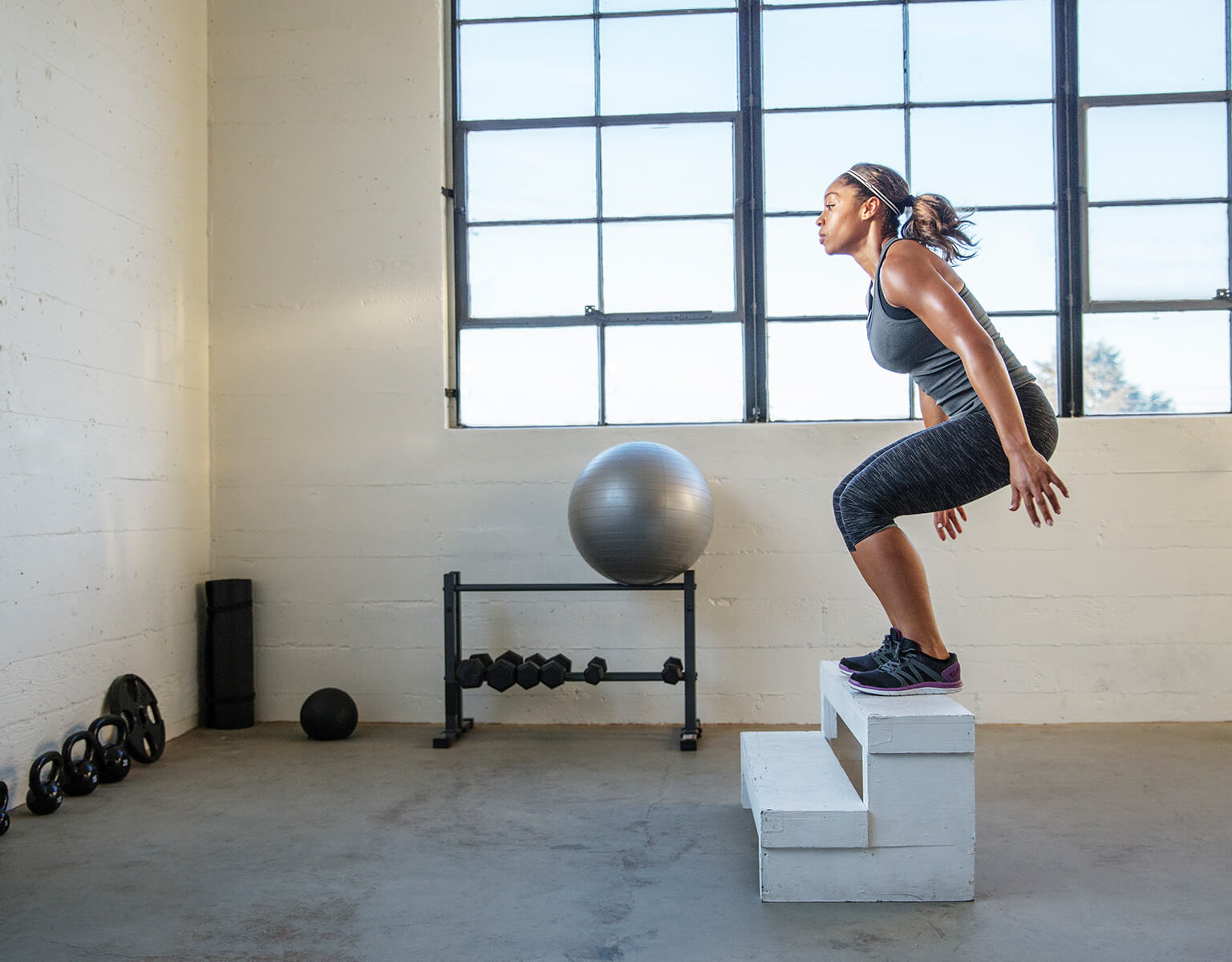Causes of Female Incontinence

Female Incontinence
Are you experiencing bladder leaks? This is surprisingly common, to the tune of 25 million Americans per year, 75-80% of whom are women. Why? Women's bodies go through a lot of changes, from pregnancy to menopause, that place stress on the bladder and result in leakage. Fortunately, there are many ways to manage bladder leaks and still live the life you want. Once you have the right information and tools at your disposal, you can work with your healthcare provider to develop a treatment plan. Does the idea of talking to your doctor about leaks make you uneasy? Remember, they've heard it all before. Be brave and bring it up with your healthcare provider – the sooner you're diagnosed, the sooner you can treat it and find relief.What Causes Bladder Leaks in Women?
Women's bodies go through very specific changes which can make them susceptible to bladder leaks. It's nothing to feel ashamed about – it's something most women will experience at some point. Let's look at some of the common causes of female incontinence to better understand what's happening. If any of these causes sound familiar, you'll want to discuss them with your healthcare professional.Common Causes of Incontinence in Women
- Repetitive work-related activities (e.g. heavy lifting)
- Smoking and lung disease
- Poor nutrition
- Certain foods and beverages
- Constipation
- Obesity
- Previous urinary tract or renal problems
- Loss of pelvic muscle tone
- Menopause and hormonal changes
- Pregnancy
- Pelvic surgery or trauma (e.g. hysterectomy, childbirth)
- Neuromuscular impairments
- Neurological disorders and stroke
- Cognitive impairments (e.g. Alzheimer's)
- Medication side effects
- Urinary tract infection
- Tumors
- Other systemic disorders that restrict mobility and bodily functions
Pregnancy and Bladder Leaks
If you've ever been pregnant, you might know that peeing yourself is as common in pregnancy as food cravings and morning sickness. There's actually a name for this: Stress Incontinence. It's caused by increased pressure on your bladder from the baby. In this state, even a light cough or sneeze can send you running for the nearest bathroom.Effects of Childbirth
During childbirth, nerve and bladder damage may occur, weakening the pelvic floor muscles, which can also lead to loss of bladder control. The good news is, you can perform Kegel exercises to regain pelvic floor strength and improve bladder control. Check out our detailed guide to Kegel exercises to learn how to exercise your pelvic muscles.
The Effects of Menopause on Female Incontinence
During and after menopause, as estrogen levels drop, the pelvic floor muscles controlling the bladder weaken. This results in frequent restroom visits. Lower levels of estrogen can also contribute to a deterioration of the urinary tract lining, which affects the flow of urine. Fortunately, you can combat these effects with the incontinence treatment strategies explained here.
Female Incontinence Treatment Options
Once you've identified the type of bladder leaks you're experiencing, you can establish a treatment plan. Here are some simple incontinence treatment options you may want to go over with your healthcare provider:
- Behavioral Changes
- Pelvic Floor Exercises
- Changes in Your Diet
- Medication
- Surgery
- Protective Hygiene
Stay Fresh and Comfortable with Protective Hygiene
Helping Women Manage Leaks Every Day
As you work to improve your bladder control, protective hygiene can help you manage moisture, odor, and freshness whenever leaks happen. Just like deodorant or toothpaste, protective hygiene can be used on a daily basis to keep you feeling fresh, clean, and comfortable around the clock. You can use it alone, or as one part of your incontinence management plan. Wondering which brand to use? Prevail® is a leading protective hygiene brand in healthcare, so we keep you dry and comfortable, even on your most active days. See our full range of products for women here.
Don't Be Afraid to Talk About Bladder Leakage
Ask an Expert
It's important to talk to your healthcare provider about treating your bladder leaks, even if it feels difficult. This condition is extremely common, so they've heard it all before. And they can help you develop a treatment plan that will provide relief and improve your quality of life.
If you're still nervous to discuss bladder health with your healthcare provider, try starting an anonymous conversation with a Prevail® eNurse™. These professional nurses are available 24/7, can answer your questions about leakage, and can give you the confidence you need to open up to your healthcare provider.

Try Prevail Free
Get a free sample of our protective hygiene products.





